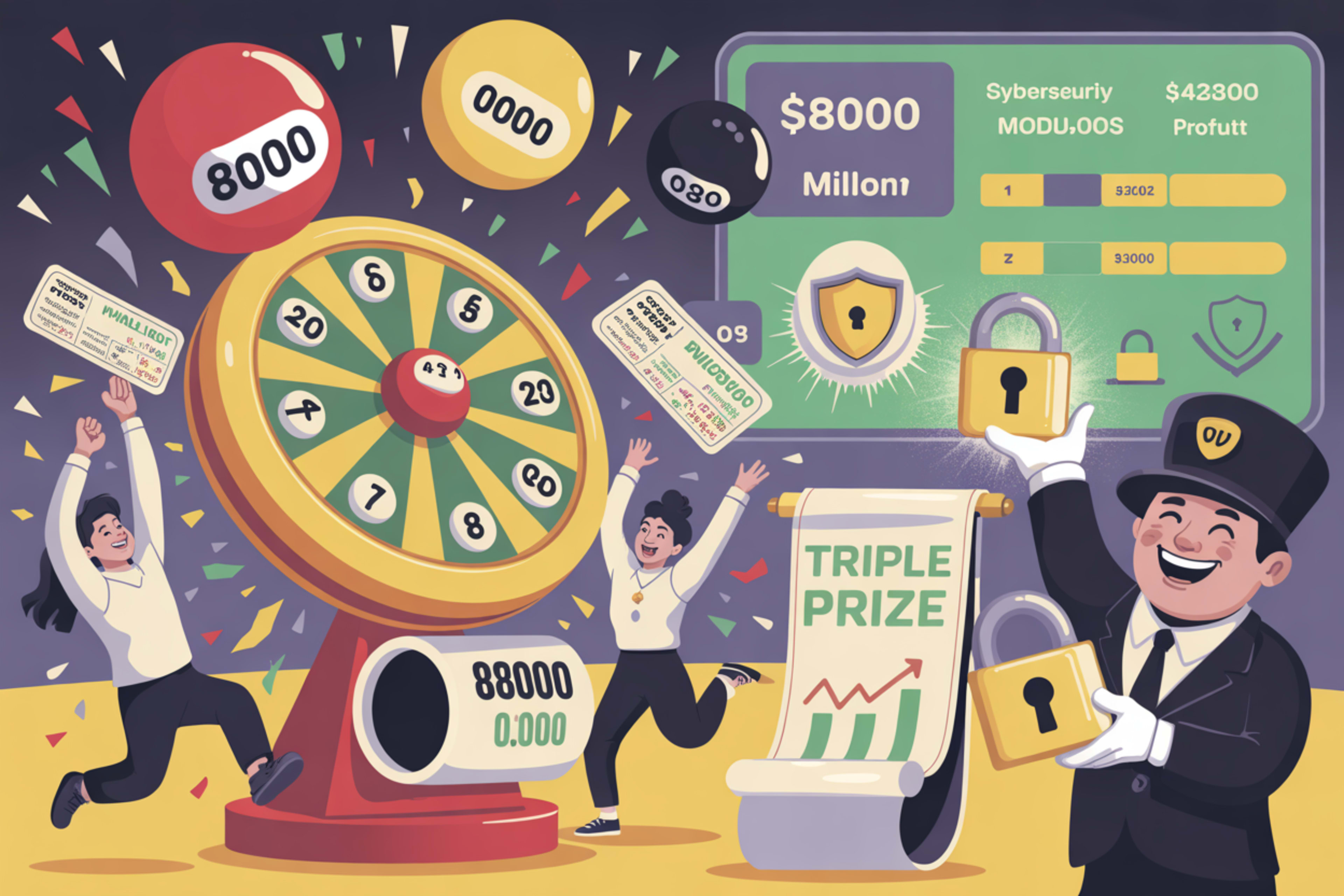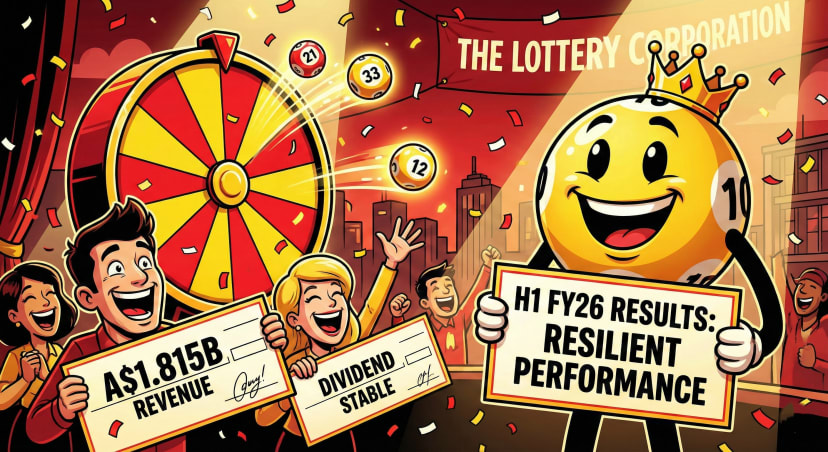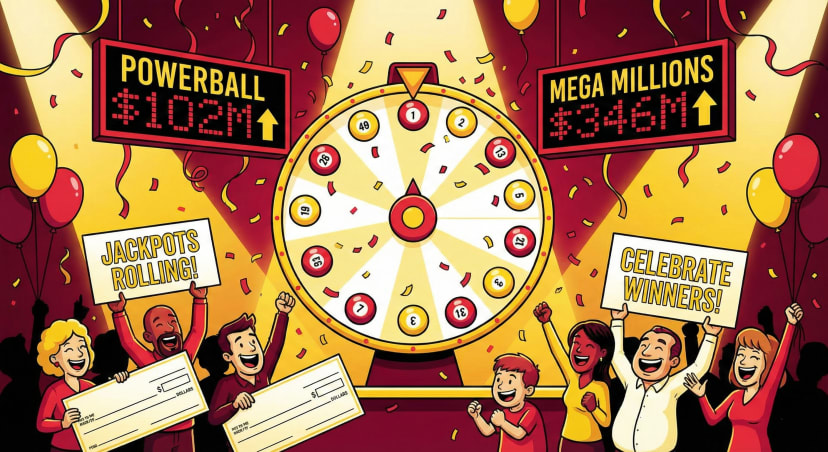Lottery Operators Strengthen Digital Defenses

Recommended casinos
Key Takeaways
- Escalating jackpots in major U.S. games signal robust player engagement amid fewer rollovers compared to prior years.
- Cybersecurity initiatives gain momentum as multi-state associations prioritize vulnerability assessments to safeguard operations.
- Leading operators report strong financials, boosting shareholder returns and setting ambitious growth targets through 2028.
MUSL Launches Cybersecurity RFP to Bolster Multi-State Integrity
The Multi-State Lottery Association (MUSL), overseeing games like Powerball and Mega Millions, issued a request for proposals on November 3 for comprehensive penetration testing and vulnerability scans covering the 2025-2026 period. This initiative targets enhanced protection for shared systems used by 39 member lotteries, addressing rising threats in digital lottery infrastructure. Proposals are due by December 3, with the focus on identifying and mitigating risks to ensure operational resilience and player trust.
This move underscores a proactive stance on integrity amid expanding online ticket sales, where data breaches could undermine public confidence. As lotteries increasingly integrate digital platforms, such measures are critical for maintaining regulatory compliance and preventing disruptions that could affect billions in annual proceeds for public programs.
Brightstar Lottery Posts Q3 Gains, Hikes Dividend 10%
Brightstar Lottery PLC announced third-quarter 2025 results on November 4, highlighting $978 million returned to shareholders year-to-date through dividends and repurchases. The company introduced medium-term goals, including $2.75 billion in revenue and $1.3 billion in adjusted EBITDA by 2028, alongside average annual capital expenditures of $400 million during peak contract renewals. A quarterly dividend of $0.22 per share was declared, up 10% from prior levels, payable December 2.
These developments reflect operational efficiencies post the July sale of its gaming business for $4 billion, allowing refocus on core lottery segments. For investors and regulators, the results affirm market stability, with free cash flow projected over $400 million annually, supporting innovation in player experiences and jurisdictional expansions.
Mega Millions Jackpot Climbs to $800 Million After Rollover
No jackpot winner emerged in the November 4 Mega Millions drawing, propelling the prize to an estimated $800 million for the next event—the eighth-largest in game history. White balls drawn were 1, 2, 16, 24, and 66, with Mega Ball 6. This follows a similar rollover in Powerball's November 3 draw, where the pot reached $419 million without a top prize claimant, setting up a $438 million annuity for November 5.
Such sustained rollovers highlight shifting market dynamics, with U.S. sales through Q3 fiscal 2025 down slightly year-over-year due to fewer high-jackpot cycles, yet per capita iLottery spending in participating states nearly doubling non-iLottery peers at $516. Globally, this trend encourages operators to balance draw frequency with prize escalation to sustain engagement and revenue for beneficiary causes.
Mississippi Lottery Abruptly Ends Triple-Prize Promotion
The Mississippi Lottery suspended its month-long Cash 3 prize tripling initiative just one week after launch in early November, citing unspecified operational challenges. Introduced to mark the entity's sixth anniversary, the promotion aimed to boost participation but was halted to review compliance and fiscal impacts, with standard payouts resuming immediately.
This decision illustrates the delicate balance between promotional incentives and regulatory oversight in nascent markets. As U.S. state lotteries navigate growth—projected at 7.4% CAGR through 2029—such pauses emphasize the need for robust planning to avoid unintended strains on resources or player expectations, potentially influencing future marketing strategies across the sector.
Norsk Tipping Addresses Winnings Notification Error
Norway's state-owned Norsk Tipping disclosed on November 6 that several winners received erroneous notifications overstating prizes due to a system glitch during a recent draw. The operator swiftly corrected the communications, confirming actual awards and launching an internal audit to prevent recurrences, with no financial losses reported.
In a market emphasizing transparency, this incident highlights vulnerabilities in digital notification processes, prompting enhanced integrity protocols. For European lotteries, where public funding relies on trust, rapid resolution mitigates reputational risks and reinforces commitments to accurate player interactions amid rising online adoption.








